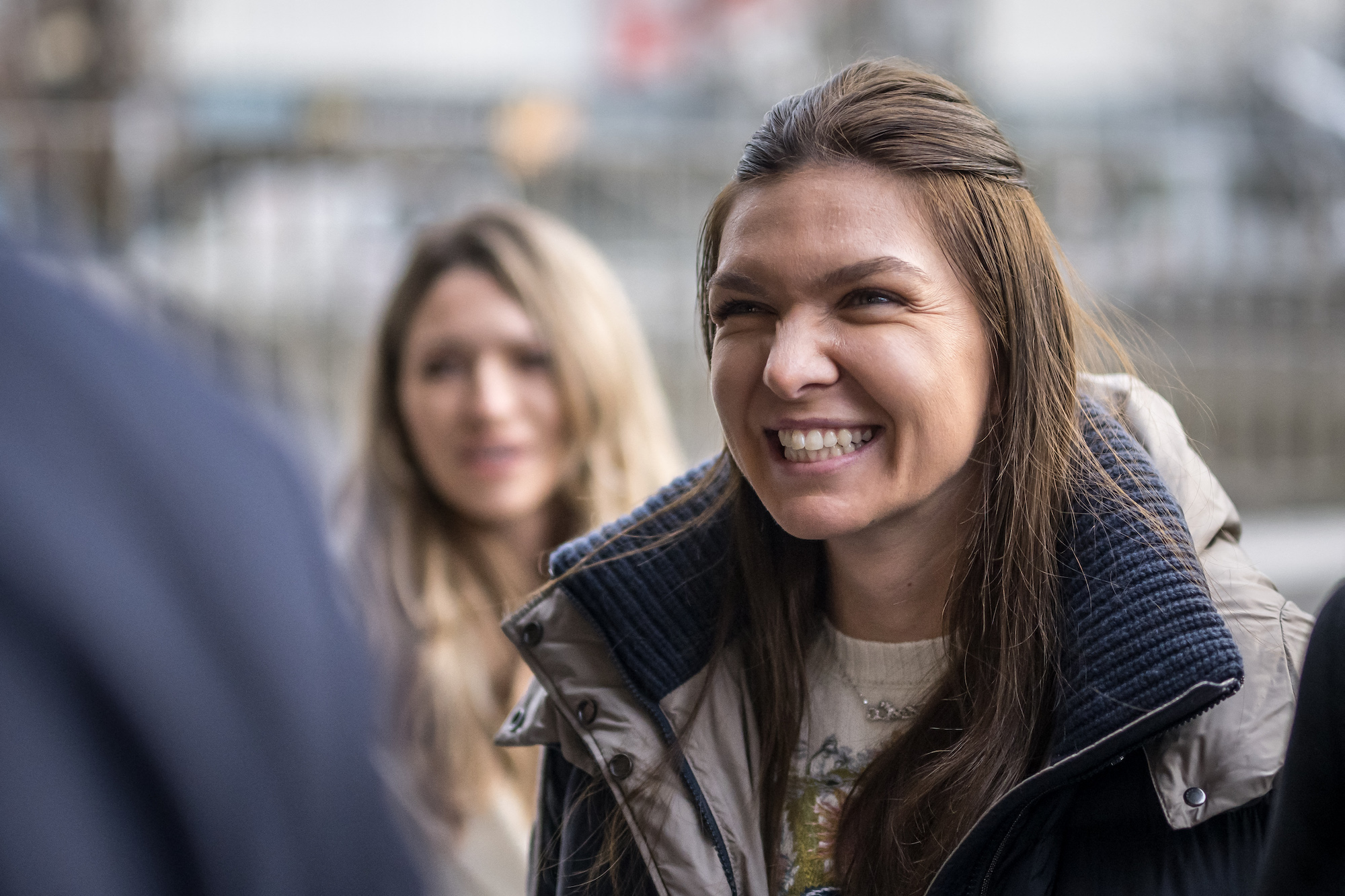Former world No. 1 Simona Halep, who hasn't competed in roughly a year and a half, has finally received some good news. Last October, the International Tennis Integrity Agency struck her with a four-year doping ban related to a drug test during the 2022 U.S. Open. Halep said in December that the ban would probably end her career—she'd be 36 before it was through—and took her case to the Court of Arbitration for Sport, an independent body based in Switzerland that mediates sports-related disputes. That court heard her appeal in February, and on Wednesday announced the results: Halep's ban would be reduced from four years to a backdated nine months, clearing her to return to competition. While she wasn't fully exonerated of wrongdoing, this is close to the best imaginable outcome for Halep, and a reversal of one of the highest-profile doping bans in the sport's history. On appeal, the CAS seems to have some very different interpretations of the same fundamental facts that got her banned in the first place.
The International Tennis Integrity Agency laid down the initial ban for two offenses: the presence of the prohibited substance roxadustat in that 2022 drug test; and irregularities in her "biological passport," a system where an athlete's blood samples are monitored over a long period of time to establish a baseline and identify deviations that might indicate blood doping. Halep said that she consumed a tainted "Keto MCT" supplement provided by her coach; the ITIA accepted her explanation, but felt it was not sufficient to account for the levels of roxadustat or the biological passport irregularities, concluding that "there must have been another source."
The CAS, which handled Halep's appeal, viewed both these issues differently. (Though it has yet to release its full decision, it summarized its findings in a press release.) On the first offense, the CAS decided that roxadustat could actually be accounted for by the tainted supplement alone, and while she had some responsibility for consuming the roxadustant, it was not an intentional choice and "she bore no significant fault or negligence." As for the second offense, the CAS took into consideration a blood sample that Halep had provided before undergoing an unrelated surgery in September 2022. "Those results, and Ms. Halep’s public statements that she did not intend to compete for the remainder of the 2022 calendar year, impacted the plausibility of the doping scenarios," the CAS concluded. In effect, they found it hard to believe that Halep would start ingesting a banned substance—roxadustat, more prevalent among endurance athletes, enhances hemoglobin and red blood cell production—just ahead of the U.S. Open at the end of August, while fully intending to end her season early for a pre-planned nasal surgery in early September. The CAS dismissed that second charge completely.
The upside: Halep's ban was reduced to nine months and backdated to October 2022, the time of the initial violation; her tennis results during a five-week period in fall 2022 were voided; and the ITIA, which issued the initial ban, has been ordered to pay her 20,000 Swiss francs for legal fees. “My faith in the process was tested by the scandalous accusations that were leveled against me, and by the seemingly unlimited resources that were aligned against me. I cannot wait to return to the tour," Halep said after the decision. When she was suspended from the tour, Halep was ranked No. 7 in the world. While she's a long way from recovering those lost ranking points, she is likely to receive a slew of wild cards to play in tournaments, just as Maria Sharapova did after her own return from a doping ban. Hilariously, Patrick Mouratoglou—who was Halep's coach at the time of the roxadustat consumption and drug test, and belatedly claimed responsibility for giving her the tainted supplement—commented on Halep's celebratory Instagram post. "The truth prevailed," he wrote.
As Sports Illustrated's Jon Wertheim pointed out, this decision continues a strange pattern of initially draconian doping bans from tennis agencies getting slashed on appeal to the CAS. Tennis seems to view the severity of its own doping violations differently from the larger sporting world, leaving fans with these confusing, seesawing sagas. A closer look at the CAS reasoning—it intends to release its decision in full unless any of the parties request confidentiality—should clarify how two regulatory bodies could read the same facts so differently.






